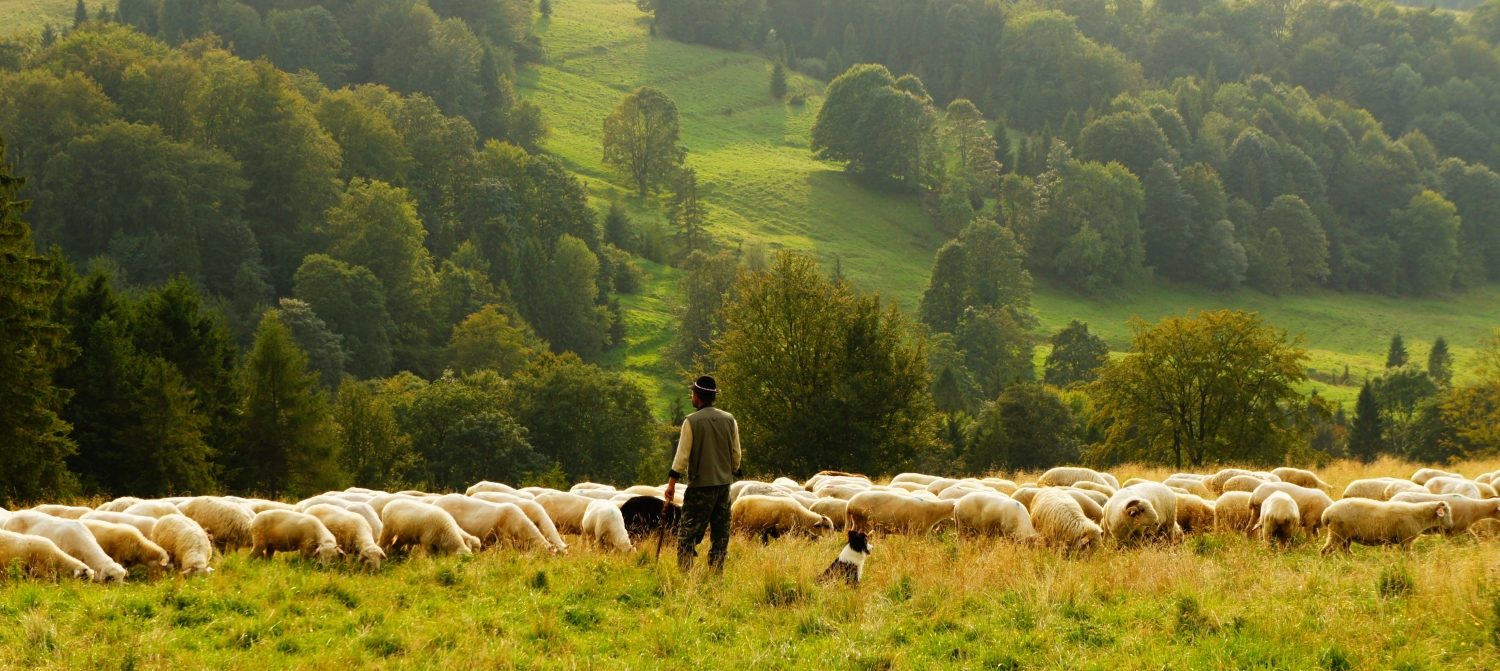

In the past year I have met regularly with two separate men. The first, a young man in his 30’s, is sharp, well-educated, articulate and clearly has a great future in front of him. The second is a very wealthy, middle-aged man. If you met them both you would be impressed, they both seem to really have their act together. That’s the problem with appearances. In reality, they both struggle with all types of fear and they have no idea why and what to do about it.
In last week’s blog I quoted Dr. Richard Swenson from his book Margin. Swenson says:
“Something is wrong. People are tired and frazzled. People are anxious and depressed. People don’t have the time to heal anymore. There is a psychic instability in our day that prevents peace from implanting itself very firmly in the human spirit. And despite the skeptics, this instability is not the same old nemesis recast in a modern role.”
Swenson is quite convinced that something has changed. There seems to be a real instability in people’s lives and modern people do not seem to be able to find peace in their lives. And they don’t know why or what to do about it.
Many believe this can be traced back to the 1950s when W.H. Auden wrote a famous poem titled “The Age of Anxiety.” He observed that sociologists, psychologists, and psychiatrists all agreed that people of this day were much more fearful and anxious than their parent’s generation. However, it has gotten much worse because modern people are even much more fearful than the adults of the 1950s.
Tim Keller believes the reason for this, and I am in total agreement, is that we have drifted away from our foundation. He says the beginning of fear is when we conclude we don’t need God, and that we can live much better without Him, to be autonomous and on our own. When this happens, we throw open the door and allow fear to infiltrate our lives.
The reason this happens is that as we move away from God, we begin to experience a real sense of our finiteness here on earth. We are trying to take on a position in the universe that is too big for us.
I remember when I was a young boy, probably 5 or 6 years old. I convinced my parents to let me, on Halloween night, go trick or treat with some of the older kids in the neighborhood. I remember I was thrilled and felt so confident. Yet as the night progressed, it became apparent that I could not keep up with the others. I got separated from them and found myself completely lost, far away from my home. I was terrified as I wandered around on unfamiliar streets. I am sure I probably cried. And then, I can still see it today, I saw my father standing on a street corner, looking for me.
The moment I saw him, my fear left me completely. Looking back, I had tried to take on something that night that was way too big for me to handle as a young boy.
Modern people believe that we can run our lives on our own, with no need for God, because we want to be in control. However, God has made it clear, there is nothing more foolish than to think that we have life under control when in fact life is not controllable. We are clearly at the mercy of so many forces that are way too big for us to handle.
A simple way for us to understand this is to see and understand our position in life. God uses great metaphors to help us understand ourselves and our great need for Him.
We are told in the Bible that we as human beings are like sheep. It is the only animal that God compares us to. Sheep are not smart. They will follow one another off of a cliff or into a ditch. They are easily subject to the prey of wild animals or thieves. They are helpless, and God says we are just like sheep.
For sheep to live, they must have a shepherd. A good shepherd leads, protects, guides, and feeds the sheep. This is the role of the shepherd. However, the shepherd can only fulfill his role if the sheep stay close to the shepherd. When sheep encounter a wild animal or any type of danger, they can rest in the shepherd’s care. However, when they go their own way and wander off from the shepherd’s care, it is hard for them to rely upon him when a crisis comes along.
All of us are like sheep and Jesus is the good shepherd. If we have never been close to Him or have drifted away from Him, He invites us to come to Him, to draw near. The Apostle Peter describes it like this:
“For you were continually straying like sheep, but now you have returned to the Shepherd and Guardian of your souls.” 1 Peter 2:25
Richard E Simmons III is the founder and Executive Director of The Center for Executive Leadership and a best-selling author.
Add grace and understanding to your day with words from Richard E. Simmons III in your inbox. Sign-up for weekly email with the latest blog post, podcast, and quote.

Bulk discounts for 25 or more books! Call 205-789-3471 for prices.
For local orders in the Birmingham, AL area, enter Promo Code LOCAL at checkout to save shipping. We will email you when your order is ready for pickup.